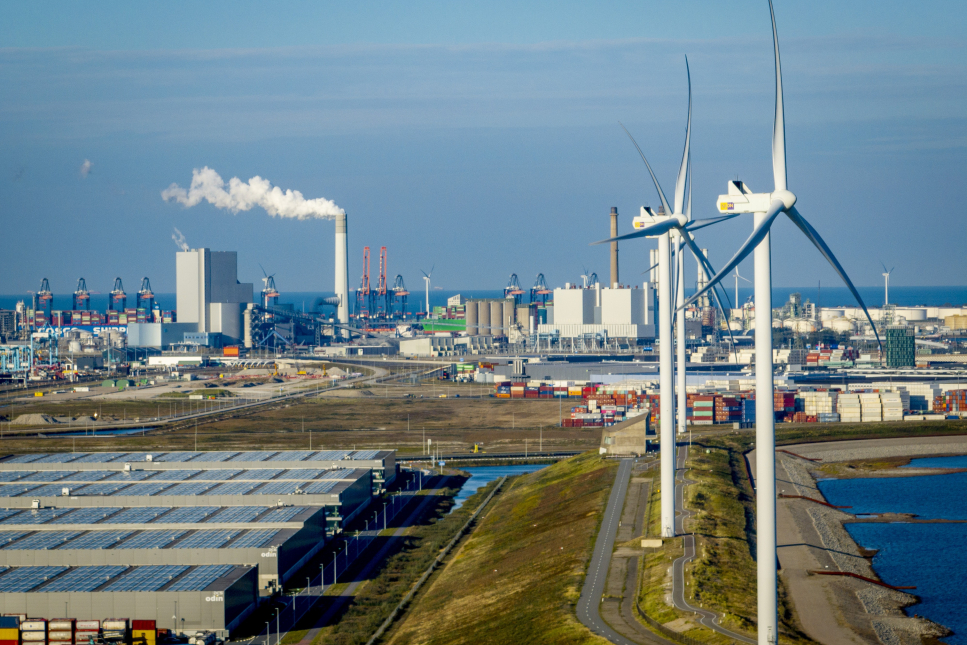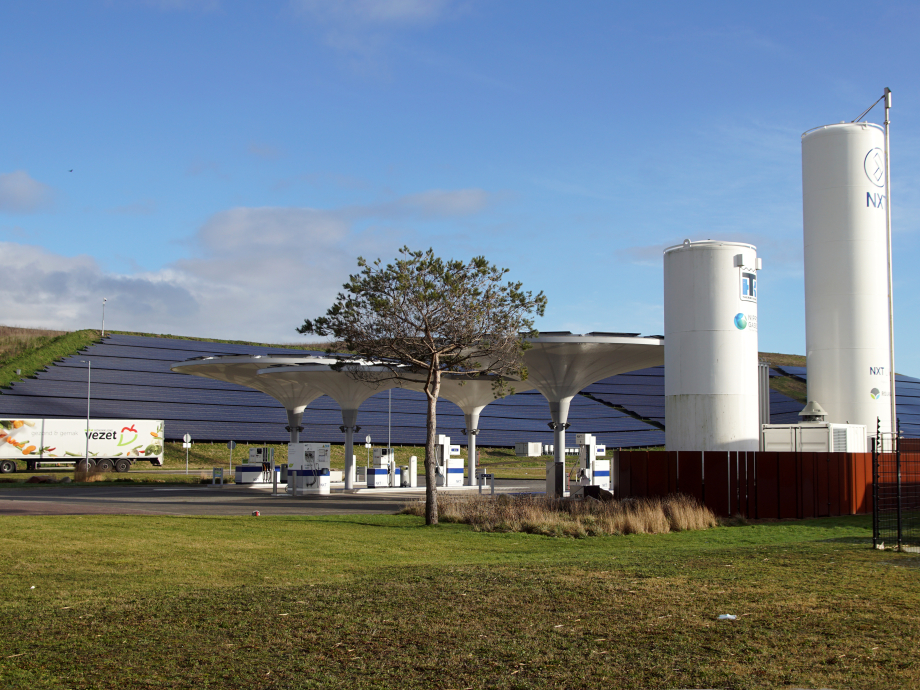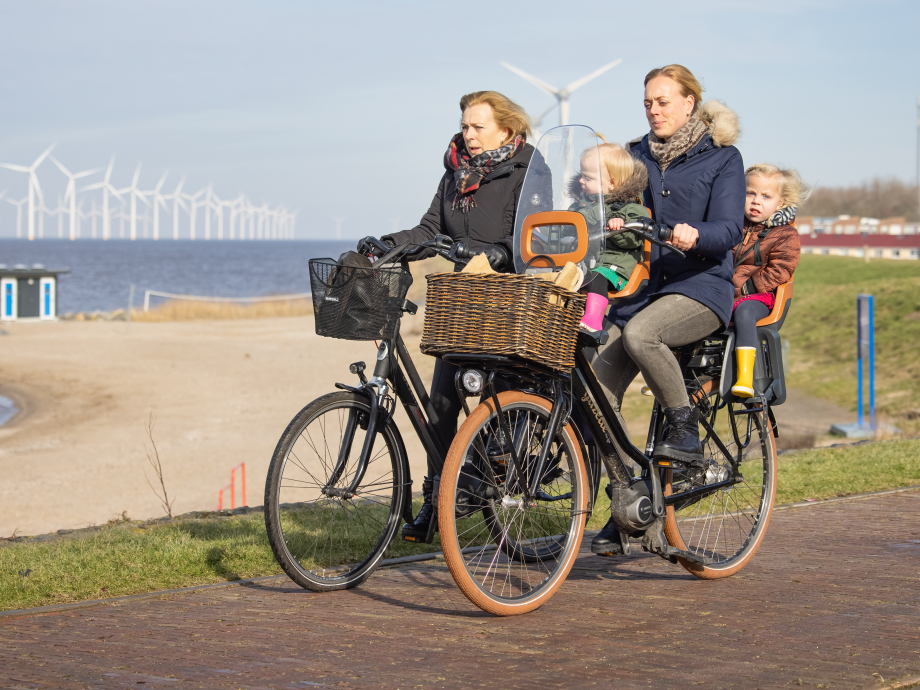Climate
To contain the effects of global warming, the European Union and the Netherlands aim to be climate neutral by 2050. Achieving that target requires drastic changes, particularly because the climate challenge is linked to other challenges and opportunities as regards health, biodiversity, water quality, food security, social equality, and geopolitical relations.
The Rathenau Instituut aims to contribute to public and political discussion on a sustainable society through research and dialogue. Specifically, we investigate the role that science, technology, and innovation can play in that regard. The opposition to wind farms, CO2 storage, and nitrogen reduction measures shows that sustainability is also a democratic challenge.
Over the past two years, within the Climate theme, we have studied the disposal of radioactive waste. In the next two years, we will focus on sustainability in two fields: energy-intensive industry and the residential environment. In both fields, we will investigate not only the sustainability issues themselves, but also the processes and institutions that are necessary for socially responsible and inclusive decision-making, with a voice being given to a broad spectrum of views and interests – this is what we mean by working democratically toward sustainability.


